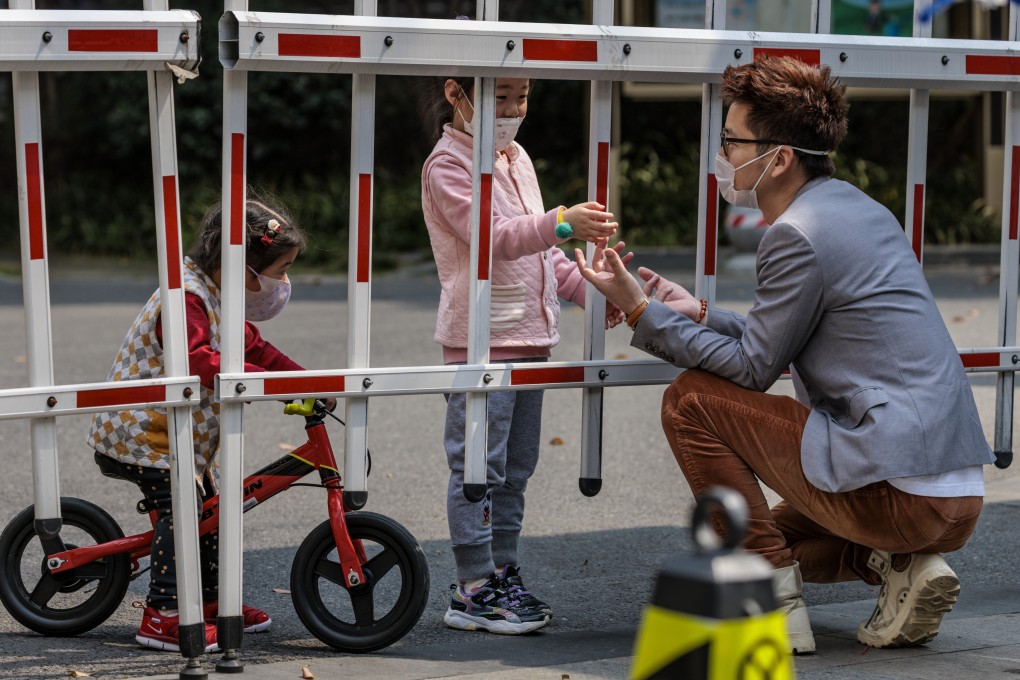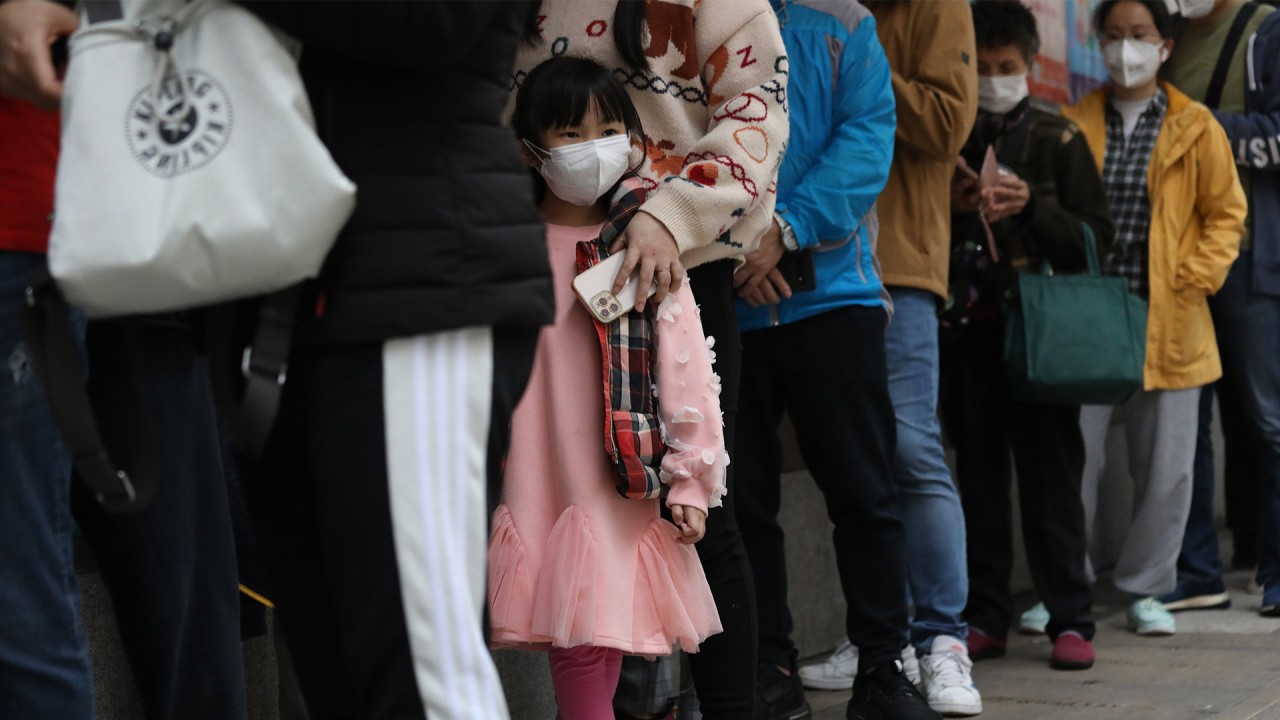As I see it | China’s child separation Covid-19 rules are damaging bid to boost birth rate
- Hong Kong and Shanghai have both reversed policies whereby Covid-positive youngsters were kept apart from their parents
- But, damage has already been done amid nation’s efforts to encourage more births; there’ll also be a negative impact on human rights record

But the damage from this policy – stemming from China’s embrace of zero Covid and ensuring that anyone who has tested positive must be kept apart at all costs from those who have tested negative – has been done.
Let’s not forget the bigger picture here. After decades of a one-child policy, Beijing moved to a two-child policy in 2016 and further relaxed the rules last year to allow couples to have three children, in the hope of tackling the ageing population problem.

China’s fertility rate of 1.3 children per woman in 2020 puts it on par with ageing societies like Japan and Italy. Public response to the relaxation of the rules has been tepid, though, partly because of the heavy financial burden of raising children and the lack of government and social support.
Now the child separation rules related to the pandemic have made things worse. On Chinese social media websites the move to keep children and their parents apart has been described as “inhumane” and “bizarre”.
While online comments cannot be seen as representative of the entire public’s views, the anxiety and uncertainty expressed by a vocal minority will surely linger in the minds of those reading them.
Many had questioned if the child separation policy would, or could, be consistently implemented as Covid-19 cases continued to increase. Even after the policy reversal, people continued to make comments such as “no kids please, too much stress” and “have kids at risk to your own sanity!”


